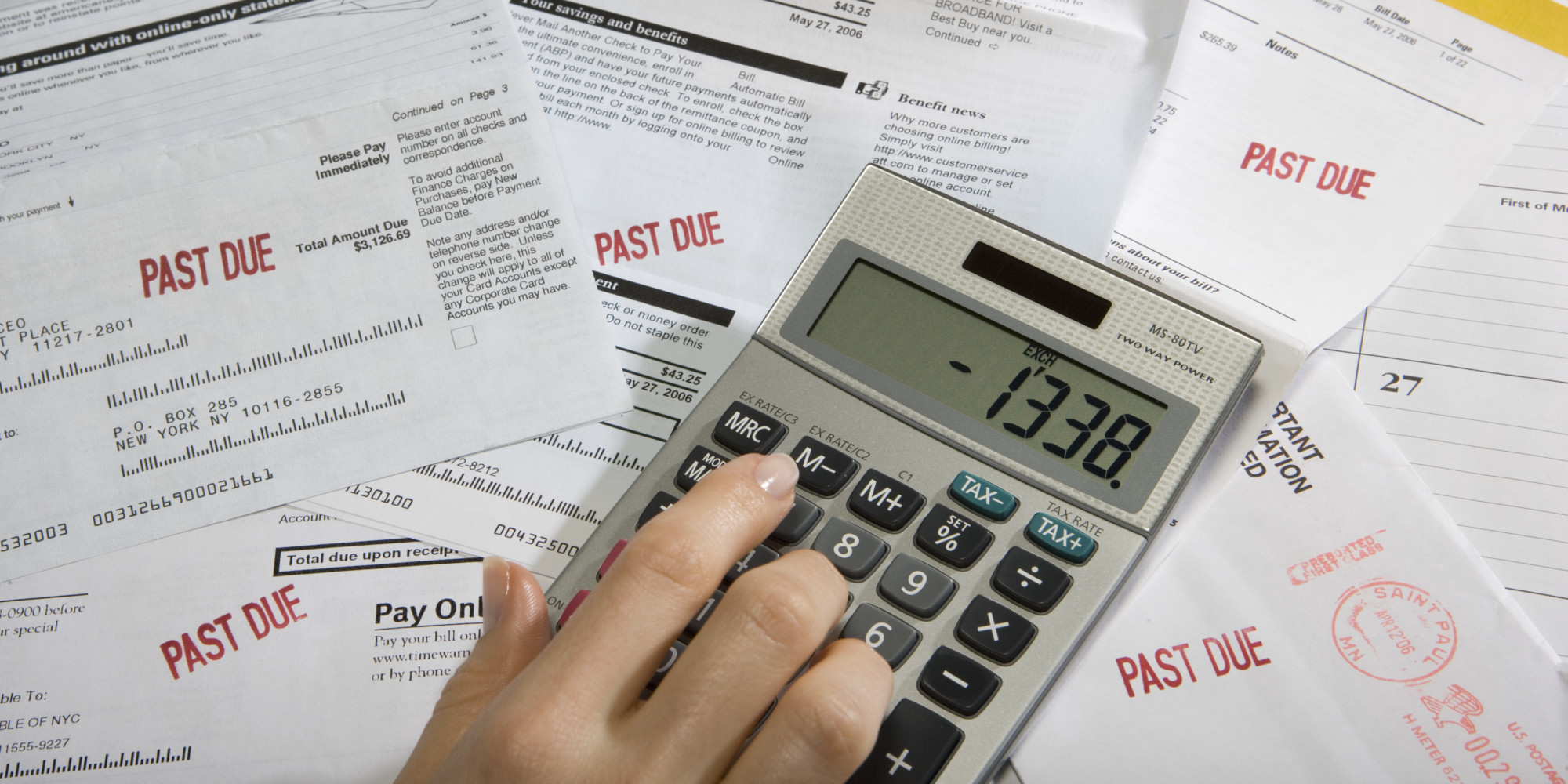When you’ve been bitten by the spring cleaning bug, your focus is on some of the messiest, most disorganized rooms in your house. Your home office may be the worst culprit of them all — made only worse if it’s not a dedicated room but a series of haphazard shoeboxes overflowing with receipts, bills, and tax refunds.
Order is within reach, no matter how messy your financial records might be, but rein in the impulse to toss everything. Although this is one way to start fresh, it may leave you unprepared for important financial decisions. Check in with this guide to know what you should keep and what you can safely throw out.

Miscellaneous Receipts
Is there any rhyme or reason to your response when a cashier asks if you want a receipt? If you say yes or no depending on your mood, it’s likely you have a huge collection of receipts from the past year — if not longer.
Most of these receipts are fine to throw out. However, you may want to keep them if:
- You want to confirm your debit and credit card statements are accurate. Keep these only as long as you need to make sure you were debited for the right amount.
- The receipt is for a major purchase or household improvement. You may need to keep it in case you want to return the item, activate a warranty, or prove the value in case of damage.
- You’ll want to keep any receipts you used as proof on your tax returns. For more information on tax documents, keep reading below.
Credit Card and Bank Statements
Like receipts, there’s no long-term benefit to keeping your printed monthly credit card and bank statements. Most financial advisors suggest keeping credit card statementsfor 60 days so that you can confirm they’re accurate, shredding them once they pass this date. The only exception being if you are using them or have used them for tax purposes.
As for bank statements, you should keep them for at least one year. Since they provide proof of income, they may also be used as a supporting document for your taxes, in which case you should keep it longer.
Don’t panic if you accidentally toss a statement you meant to keep. Most banks make it easy to access these statements online.
Bills

Most advisors say you’re safe to toss utility, cable, and phone bills after one month—the only exception is if you need to keep them for tax-related purposes. If you need to review any of your past payments, most utility and cell phone providers keep a digital record of your profile online.
Loan agreements and insurance documents
Generally, lenders will suggest you keep loan agreements, plus any other supporting document and proof of payment, for at least the terms of the loan. Most, however, will suggest you keep it in your records for much longer. This applies to short term loans like installment loans, personal lines of credit, and other options for borrowing money quickly as much as it does to long term financing through mortgages and student loans.
If you’re ever unsure about how long to keep your loan documents, check in with your lender. They’ll be able to advise you on the proper storage of these important records.
As for insurance documents, you should keep these for as long as these insurance policies expire or until you purchase a new package.
Tax Returns and Supporting Documents
According to the IRS, you should:
“Keep records for 3 years from the date you filed your original return or 2 years from the date you paid the tax, whichever is later”.
However, the IRS withholds the right to audit your tax returns up to six years after you file if it suspects you’ve grossly underreported your income.
Just to be safe, you should keep your tax returns, plus any supporting documents — including bills, statements, and receipts—for a minimum of seven years. Some advisor suggests keeping them indefinitely in case of errors. You’ll also be able to use them when you’re ready to start earning Social Security.
Although it may feel cathartic to throw out every bill, document, and record of account you come across, don’t let spring fever take leave of your senses. Some financial documents need to be kept in your records for longer than you realize.
Go through your records to make sure you’re keeping what you need, and shred anything you don’t. And check in with these organization tips to help keep what remains in order.
